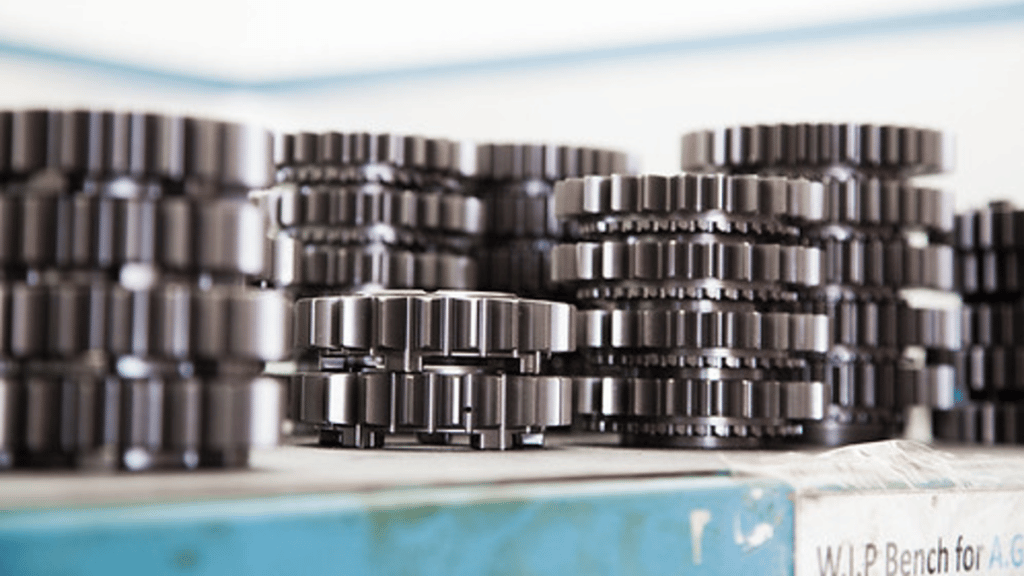Businesses of all sizes are frequently looking for ways to improve quality and maximize costs. An enterprise resource planning (ERP) system allows brands to integrate communication among departments and have greater control of their business.
Do you need an ERP system? Here are a few reasons why your business needs a manufacturing ERP.
Streamline Information Sharing
One of the biggest benefits of an ERP system is that it allows businesses of all sizes to streamline information sharing. The right ERP system can connect all the departments within your business, allowing each one to transfer and record data.
This can help improve manufacturing efficiency while reducing redundant work and labor costs. A custom manufacturing ERP also helps brands choose features that best improve their manufacturing processes.
Collect Important Data
An ERP system also allows businesses to collect accurate data, which they can then use to make important decisions. You can use this data to identify progress toward weekly and monthly manufacturing goals, measure employees’ productivity levels, and identify areas of improvement in the supply chain.
Reduce Manufacturing Costs
Manufacturing costs can cut into profits. An ERP helps control those costs by reducing errors and improving inventory control accuracy. ERPs also increase efficiency among all departments, helping team leaders make faster decisions and coordinate the efforts of everyone to meet a common shared goal.
Improved Sales
When things are running more efficiently, and the sales teams have access to important data, you can also use an ERP to increase sales. ERPs organize data, including inventory and costs, making it faster for sales members to create accurate quotes.
More accurate inventory management also leads to a faster replenishment of products, meaning you’re better able to fill customers’ orders. An organized bill of materials also ensures each department has the tools and supplies they need to fulfill orders.
Less Downtime
Faulty or broken equipment anywhere in the manufacturing line can significantly slow down productivity, which ultimately costs the business money. ERPs also have the ability to track maintenance and repairs of equipment.
You can use the organized data within an ERP to keep repair tickets in one location, review repair schedules, and keep up with important preventative maintenance. This also allows you to prepare for scheduled downtimes, which means you can move shipments to other equipment to keep up with routine maintenance.
Improved Quality
In addition to speeding up the fulfillment of products, ERPs can also help your brand improve the quality of goods that reach the consumer. Integrating multiple quality checks along the manufacturing line, including visual, picture, and measurement checks, can help brands improve the quality of the goods they produce.
How Small Businesses Benefit From an ERP
The cost of an ERP varies, depending on the brand and services included with it. A common misconception is that smaller manufacturing businesses don’t need an ERP.
However, even smaller businesses can benefit from the efficiency and data collection tools available with an ERP. A crucial step to expanding is having access to data that allows you to improve efficiency and maximize profits. An ERP should be a part of any business’s expansion efforts.
